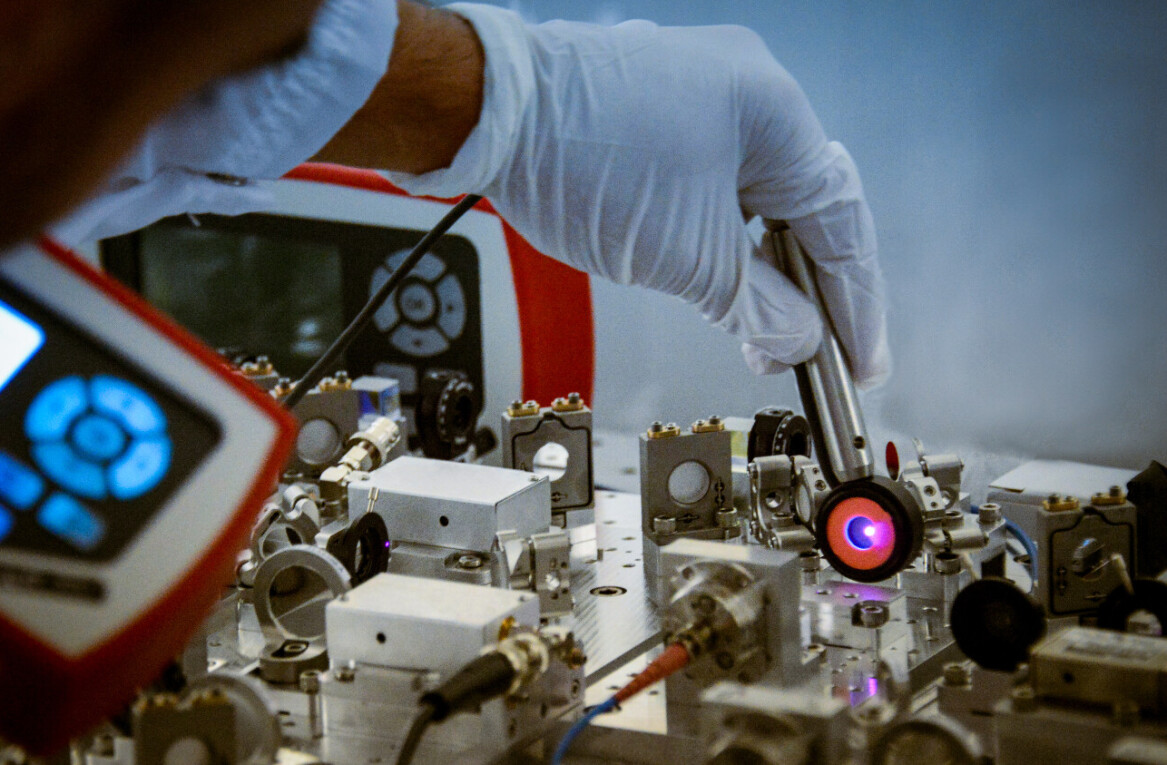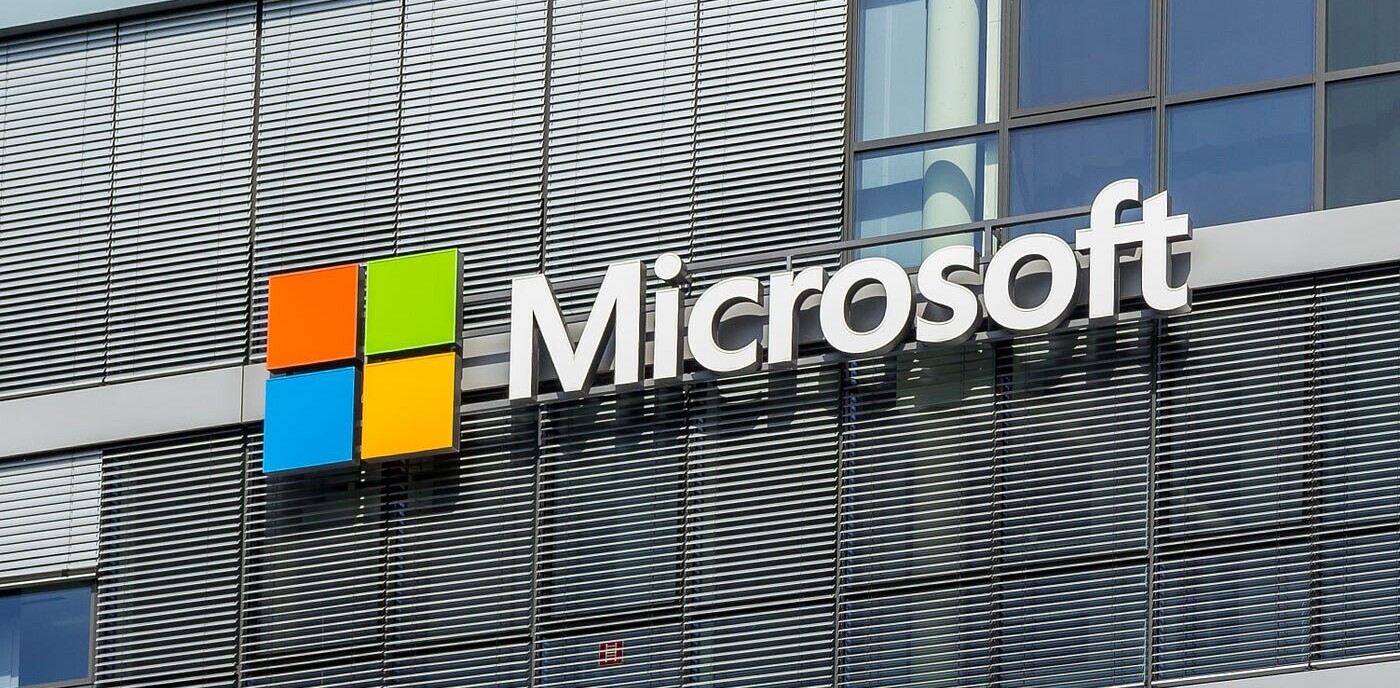
This morning, on the introduction of the Immigration Innovation Act, tech giants Google and Microsoft published blog entries in favor of the proposal. Microsoft mentioned the Act by name, while Google spoke more generically about the need for reform. However, given the timing of the notes, on the morning in which the Act was put forward, the signal is unmistakable.
Google cited a number of statistics to make two points: foreign-born entrepreneurs are key to the culture of technological entrepreneurship in the United States, and other countries are taking advantage of the ludicrous laws of this nation, using their legal code as a weapon to attract talent and innovation.
According to Google, 40 percent of technology companies that have been founded in the United States, were financed by venture capital, and went public, were founded by immigrants. Google itself, Yahoo, eBay, and Intel are part of the 40 percent, the company intones. Also, a full quarter of technology firms in the U.S. in the period between 2006 and 2012 had a founder born in a different country. That set of firms had 560,000 employees in aggregate in 2012.
The company also blasted the United States’ immigration rules in granular fashion, stating that the “2013 cap for the H-1B visas that allow foreign high skilled talent to work temporarily in the U.S. was exhausted by June 2012.”
That lack of supply, along with a green card system that is laughable, is leading companies and founders to countries that have more liberal immigration policies for entrepreneurs and those possessing key technology skills. As TNW reported last week:
The Canadian government announced on Thursday it will launch a new program on April 1 to encourage startup founders who will (hopefully) create new jobs and spur economic growth in the country. As part of a series of transformational changes to Canada’s immigration system, the Start-Up Visa Program aims to link international entrepreneurs with private sector organizations in Canada that have experience working with startups to provide essential resources.
Microsoft was no less blunt, stating:
It’s critical that America address the shortage of workers with science, technology, engineering and math (STEM) skills. There are many high-skilled, high-paying jobs being created by American businesses across the country that are being left unfilled because of this gap. The country’s economic and technology leadership are dependent on improving STEM education and implementing broader immigration reform.
Given high levels of unemployment in the country, those are sharp, if polite words. Microsoft went on to specifically thank specific Senators for their efforts, citing their bipartisan efforts, and prompting something to land on the President’s desk this year. As an issue, this one is personal for the two firms, as limited inflow of key individuals hampers their ability to hire as they want to.
Microsoft and Google are increasing political heavyweights, spending money in Washington to carefully construct and keep opinion in their favor on key issues. Even smaller players such as Netflix have used cash to bolster their legislative cause.
But what Google and Microsoft have perhaps done most importantly is grant those in favor of the Act a key chip: the big names, and money, in tech are behind their proposal. That gives them momentum, and stature.
Competing with the Act is a different push for broader immigration reform. However, given the current Congressional climate, the chance of that passing is not yet clear.
Top Image Credit: Zoe Rudisill
Get the TNW newsletter
Get the most important tech news in your inbox each week.




